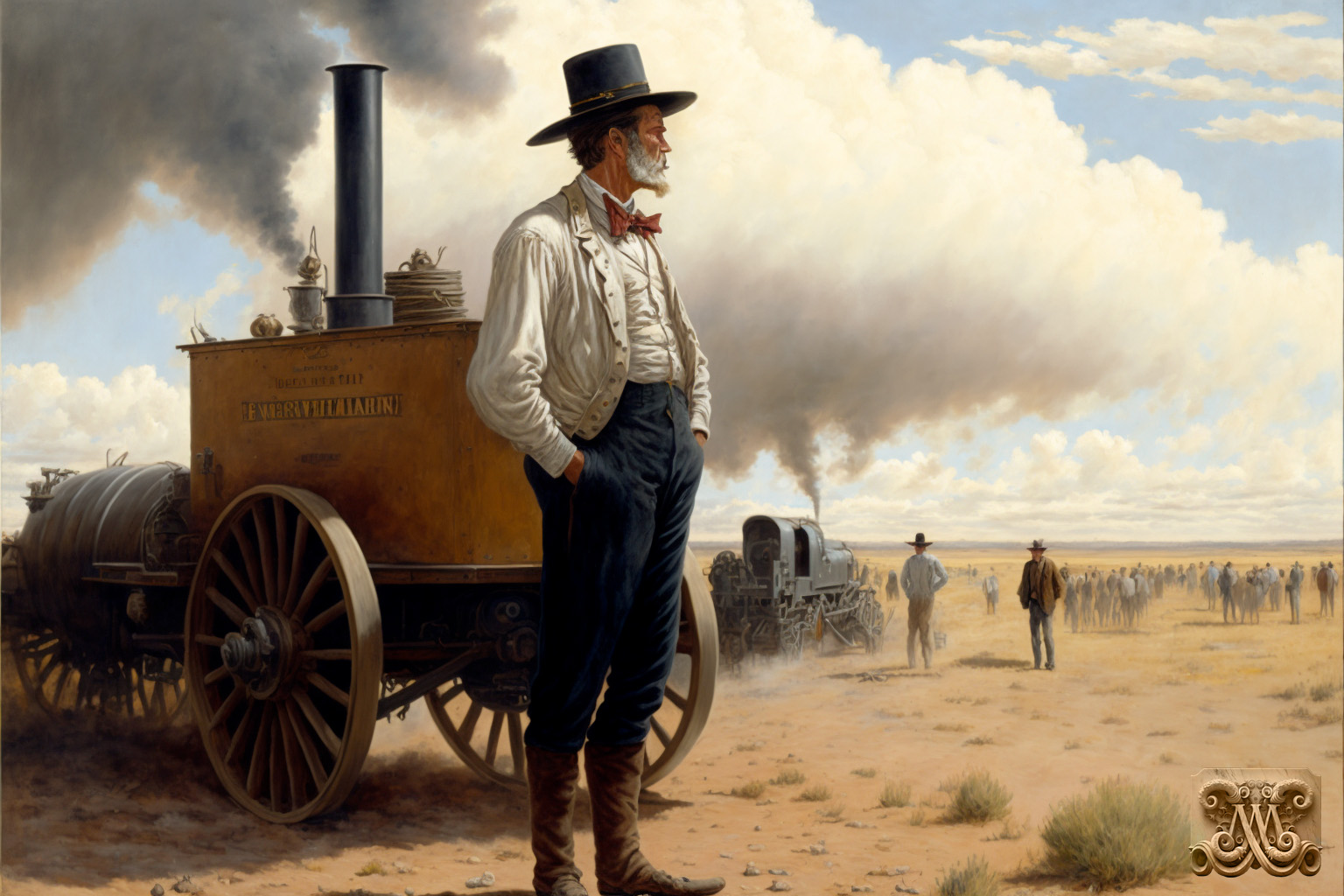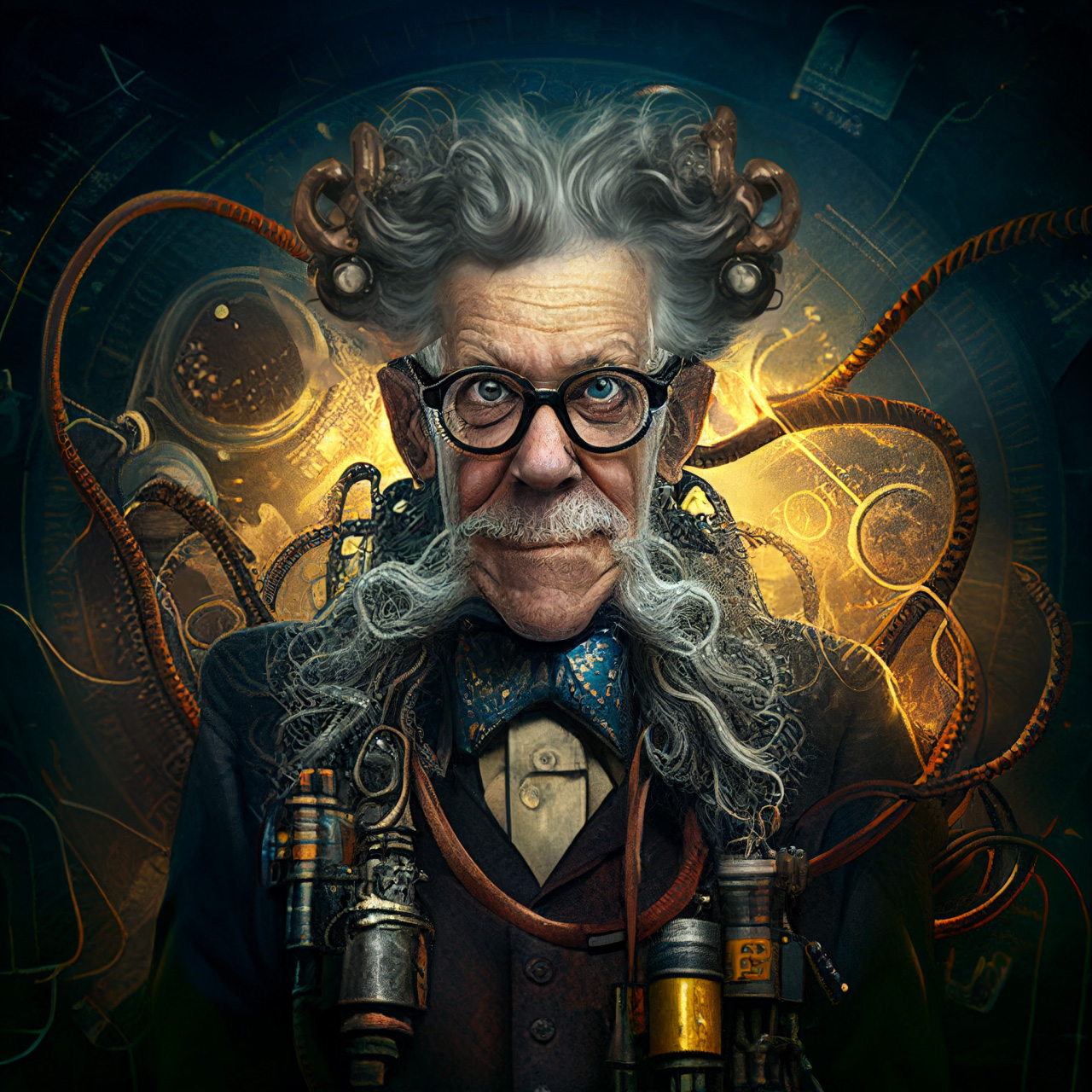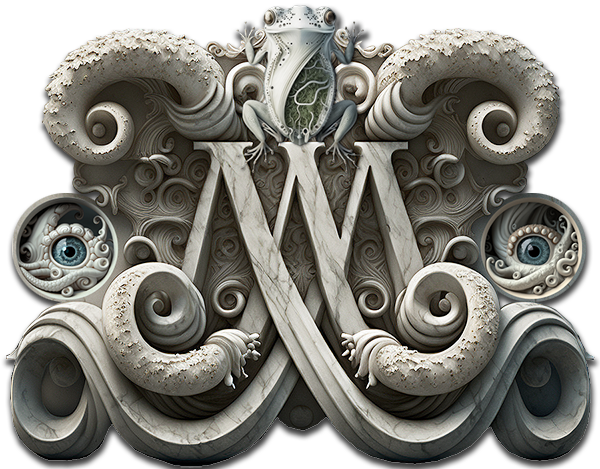
They found him a short while later. Since there was no town doctor, they brought him instead to a woman who’d been a nurse in the war. For the next few hours he wandered in and out of consciousness, his fevered imagination working overtime. At times he saw Webster, a leering specter, looming over him with that damned smile on his blistered lips. Go away, Booth thought. You’re dead. Go back to wherever Hell was waiting for you.
For a while Booth groaned and writhed in his delirious state, and sometimes muttered things out loud. The woman ignored his fretfulness, and focused on the wound. Scowling, she probed it and made sure nothing had been left in the bullet’s wake. Once satisfied, she sighed in relief and started bandaging the hand. Lifting his head a little, she also poured a measure of brandy down his throat. It helped to calm him, and in due course his fever broke.
The following day Hostlebeck showed up in the Booth’s room. With top hat in hand, the rain-maker greeted the young man and said, “I wanted to thank you, son. I understand the gentleman in the hostler’s was responsible for my troubles of late.”
Still a little weak, Booth nodded and said, “No need for thanks. I’m only sorry I had to kill him.”
Hostlebeck looked puzzled. “Kill him do you say?”
Booth nodded. “Well, yes. Not a pleasant way to go, mind you, but he left me little choice in the matter.”
“You’re sure you killed him?”
Now it was Booth’s turn to look perplexed. “Well, he was standing right next to your wagon when I blew it up. He got himself good and boiled.” Then after a pause he added, “Why do you ask?”
Hostlebeck shrugged. “There was no body, son. I just figured you scared him off when my generator went up. But you say he was right next to it?”
An image flashed in Booth’s mind, and he couldn’t be certain if it was from his bad dreams or if it had been real. He could see it clearly enough though: a man robbed of clothes and skin, bloody and nightmarish, stumbling through a cloud of green gas. A glowing talisman dangled from a horsehide thong around his blistered neck. Maybe he hadn’t been killed after all, Booth thought with a mental shrug. If so, then that was a loose end that would need seeing to, and sooner rather than later. Next time though, it would be on Booth’s terms and in a place of his choosing.
Seeing the look on Hostlebeck’s face, Booth kept his thoughts to himself and merely shook his head. “I’d stake my life on it, sir. He’s dead.”
No sense, he thought dimly, in adding to this man’s woes.
Hostlebeck still looked dubious, but asked no further questions on the subject. “No matter,” he said. “Just another of life’s little mysteries, I suppose. Still, it is a pity you were forced to destroy my generator.”
Booth apologized, “I’m afraid it couldn’t be helped, Mr. Hostlebeck, though I regret the necessity.”
“Yes,” he said glumly. “I suppose I shall have to start all over again.”
Silence filled the room, and Hostlebeck’s loss was like a physical thing that now stood between the two men. After a moment, Booth asked, “So what will you do in the meantime?”
“Ah,” he answered without much feeling, “that is the question. Frankly, I don’t really know. This has been the focus of much of my attention for the last three years.”
Giving a listless sort of shrug, he turned for the door. Then, as though remembering some nearly forgotten detail, he turned back and said, “Before I go. I know we hadn’t exactly settled on a wage for your services, but I want to give you this.”
Reaching into his coat, he pulled out an envelope which he handed over. Booth broke the seal with the thumb on his left hand and looked inside.
Looking back up he said, “This is very generous of you, sir, but seeing as how I ruined your machine, I’m not sure I can accept it.”
Hostlebeck waived his hand in the air dismissively. “Nonsense, I pay my debts.” Then he donned his hat and excused himself, leaving Booth alone with his thoughts and the envelope’s contents.
He looked inside it once more, re-counting the banknotes. Twenty-five dollars. Well now, he thought, not a bad day’s work all things considered. Tucking the money under his pillow, he leaned back in the narrow bed and tried to go to sleep. He did his best not to think about Webster. There would be time for that soon enough.
The End
The author grants to the Publisher publication rights in the Work, and further grants a non-exclusive license for other uses of the Work for the duration of its copyright in all languages, throughout the world, in all media. The Publisher shall include a notice in the Work saying “© Phillip Challis. Readers of this article may copy it without the copyright owner’s permission, if the author and publisher are acknowledged in the copy and copy is used for educational, not-for-profit purposes.

